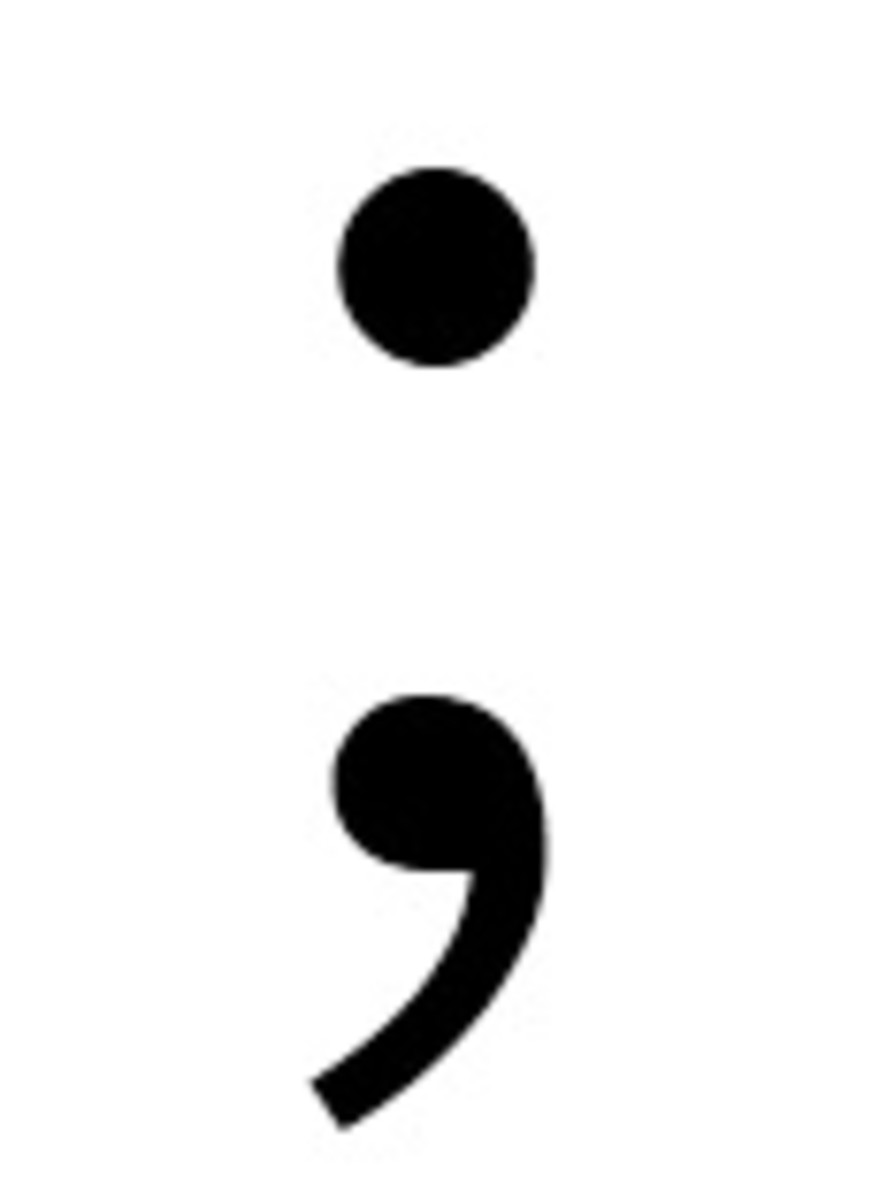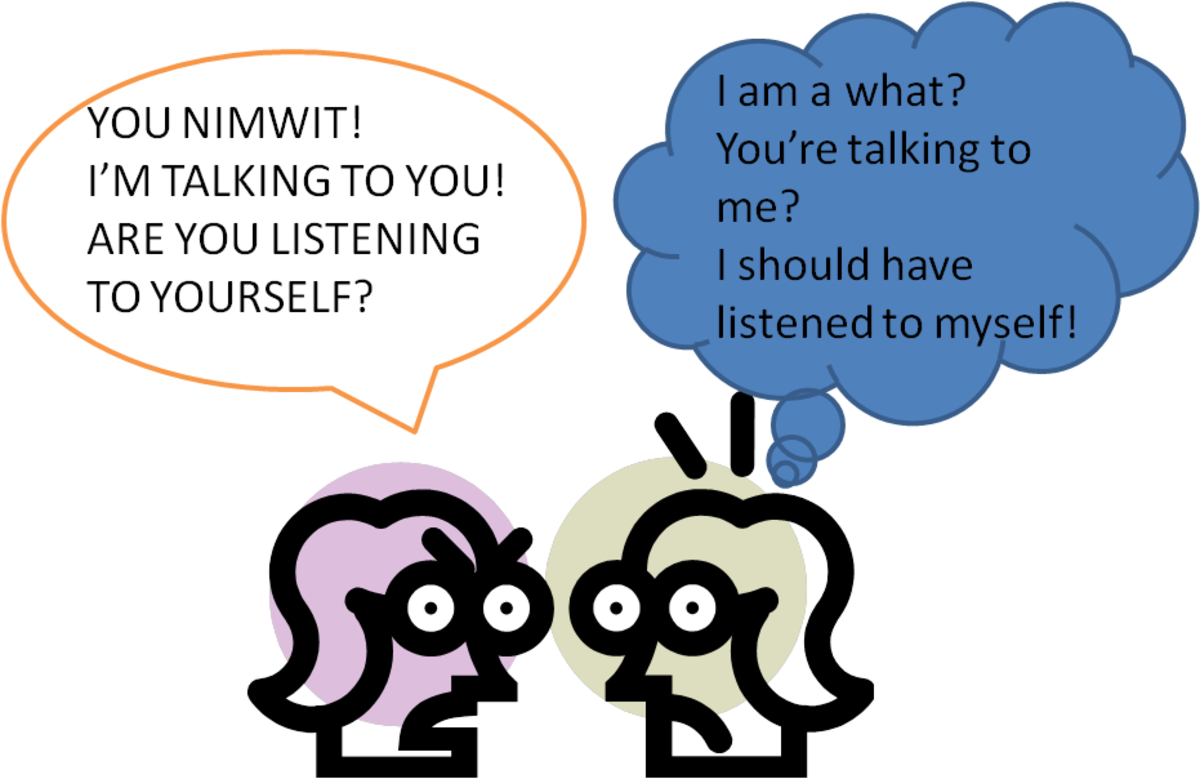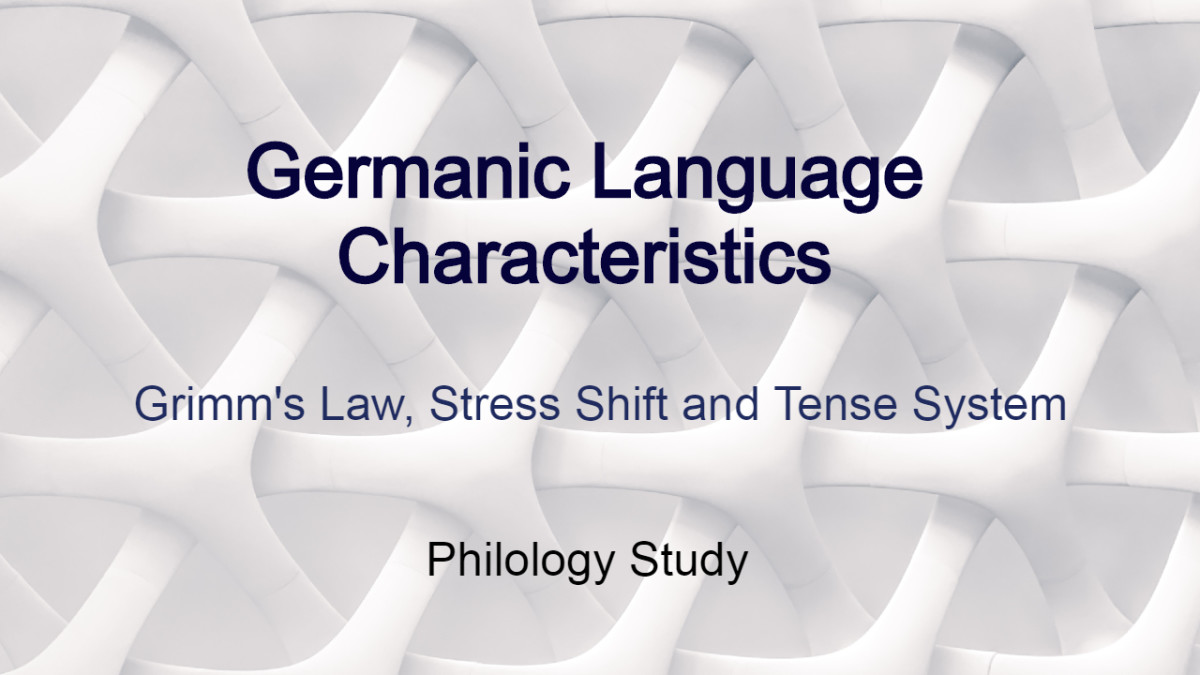English Grammar Lesson: Common Grammatical Mistakes and How to Avoid Them!

Welcome back to high school English class!
We all remember the days when we had workbooks and tests full of sentences to correct, all the essays we got back from out teachers full of red markings we usually didn't fully understand, and all the lectures we sometimes slept through dealing with grammar.
As annoying as it was, it is important to know and follow the major grammar rules in order to communicate with people around us and to seem more educated. Not everyone speaks in slang words and all capital letters.
Below are a few grammar mistakes most people make and some tips on how to keep from making them in the future. Your teachers, bosses, and Facebook friends will thank you!
Before We Begin..
Something extremely important in understanding language and grammar is knowing what parts of speech are and how to use them. Most people know nouns, verbs, and adjectives, but it gets a little more complicated than that.
Here are the 8 words and their definitions:
Word
| Definition
|
|---|---|
Noun
| a word used to identify any of a class of people, places, or things
|
Pronoun
| a noun; a name used for an individual person, place, or organization; the first letter it capitalized to show it is a name
|
Verb
| a word used to describe an action, state, or occurrence
|
Adverb
| word that describes a verb, an adjective, or another adverb
|
Adjective
| word that describes a noun (color, size, weight, texture, etc)
|
Preposition
| a word (often a short word) that expresses the relationship between two other nearby words (ex: or, for, in, on)
|
Conjunction
| a word that joins two or more words, phrases, or clauses (ex: and, but, or, etc)
|
Interjection
| a word that shows emotion and us often not grammatically connected to a sentence
|
Bonus: Determiner
| a word or a group of words that specifies, identifies, or quantifies the noun or noun phrase that follows it; articles, demonstratives, quantifiers, and possessives are determiners
|
Now let's get on to the meat of the matter!
Your vs You're
"Your" is a second person possessive pronoun. Something belongs to "you".
- Example: Is that your phone sitting on the counter?
"You're" is the contraction of the words "you" and "are". Typically followed by a verb ending in -ing.
- Example: Sally said you're going to the store later.
If you are still confused, read the sentence with "you are" instead. If it makes no sense, then you need to use "your".
Literally vs Figuratively
This is a fun one to correct people with on the internet!
*note the sarcasm*
Laziness and a disregard to the textbook definitions are two large contributors to this interchanging done in writing and speech today.
"Literally" is an adjective used to describe something that is exact and can be proven or seen. If it is an exaggeration, it is not literal.
- Example: Jane literally ate the whole basket of fries at lunch and didn't share with anyone.
"Figuratively" is an adjective used to describe something in a metaphorical sense. Figures of speech, such as hyperbole, are typically used.
- Example: I am so hungry right now I could figuratively eat an entire cow!
In common speech, a person would write "literally" in place of figuratively.
Regardless vs Irregardless
This one is due to people just not knowing better. It's a very easy fix once you remember this simple fact:
Irregardless is not a real word.
The way people often use "irregardless" is actually how you use the word "regardless"
- Incorrect: Kelly bought the coat irregardless of the fact she had to pay back her friend.
- Correct: Kelly bought the coat regardless of the face she had to pay back her friend.
The prefix "ir-" means "without" or "not", such as with the word "irrecoverable". "Regardless" already means "without regard", thanks to the suffix "-less", so adding the prefix makes the word a double negative (without without regard).
Some dictionaries have recently added the word "irregardless" because it is used so often in speech and informal writing. It should be noted, however, that many dictionaries also now list the word "ain't", which is regarded by most as improper.
"Ain't ain't a word cuz it ain't in the dictionary" as the old saying goes.
Irregardless vs Regardless Video
Their, They're, There
The common confusion here is that these three words are homophones, which means they sound alike, but are spelled differently and mean completely different things. "Pear" and "Pair" are other examples of homophones.
"There" is an adverb describing where an object is, or a destination. "There" can also be an exclamation, used to bring attention to something.
- Example: Your book is over there!
"They're" is a contraction of "They" and "are".
- Example: Man, they're so cute together!
"Their" is the possessive pronoun of the word "they". It shows ownership.
- Example: I see their house is pink now.
Semicolons?
One of the biggest issues in writing is figuring out when to use a semicolon instead of a comma.
To put it simple terms, a semicolon is used to link two independent clauses (or sentences) that have the same idea.
Typically, semicolons are used in formal writing, and should not be used in excess in any case.
For example, we have two sentences below:
- Coming up with an example sentence is hard.
- I had to do some research in making semicolon sentences.
These are two separate (and sadly true) sentences with the same general idea. If you wanted to link them using a semicolon, here's how it would look:
- Coming up with an example sentence is hard; I had to do some research in making semicolon sentences.
If you're still confused, a good old period is just fine between them. Don't stress too hard over a semicolon, colon, dash, or any other punctuation; stick with what you know!
Its vs It's
This all comes down to that tricky apostrophe between the "t" and "s". The definitions of the words are quite different depending on its presence.
"It's" is the contraction of either "it and "is" or "it" and "has", depending on the context.
- Example: Wow, it's such a nice day out!
"Its" is the possessive pronoun of it. It shows ownership.
- The clock fell off of its hook in the wall.
If you're still uncertain, try reading the sentence with "it is" or "it has". If it don't make any sense, then use "its".
Affect vs Effect
"Effect" is a noun. Think of all those "Cause & Effect" charts you had to make in English and History classes.
- Example: Side effects of the medicine included: vomiting, decreased appetite, and chills.
"Affect" is a verb. It means to have an impact on someone or something.
- Example: Harmful gasses can greatly affect the atmosphere.
If you're still unsure, remember that "a" stands for action. Something is being done to something or someone.
Me vs I
The one that plagues writers to this day. The big question of when to use "me" verses "I" in a sentence, especially when two subjects/objects are involved, usually connected by "and".
"I" is the subject of the sentence. It is the one doing the action.
- I am studying for my test.
- I was eating a sandwich when you called me.
"Me" is often the object; the one receiving the action.
- My sister told me to go get the chocolate sauce.
- The teacher gave me detention for slacking off on classwork.
Now when to use them when there are two subjects/objects in a sentence:
- Taylor wanted Kevin and me/I to take the trash to the compactor.
- Kevin and me/I took the trash out.
The easiest way to figure this out (if you can't remember I = subject and me = object) is to take out the other person (and the word "and" obviously).
- Taylor wanted I to take the trash to the compactor.
versus
- Taylor wanted me to take the trash to the compactor.
Clearly the second one sounds better. Let's try the second sentence:
- Me took the trash out.
versus
- I took the trash out.
The second one sounds much better.
So if you're ever unsure which to use, just try writing it without the second subject/object in the sentence.
Into vs In To
This one is actually very common, very misunderstood, and a little complicated to remember. Let's see if we can work out the differences.
Basically, "in to" is the shortened version of "in order to". "In" is an adverb and "to" is a preposition.
- Example: My boss sat in to observe the meeting. (you could easily insert "order")
"Into" often answers the question "where?" in a statement.
- Example: I went into the store to buy some milk. (Where did I go to get milk?)
These two can be tricky at times, so just remember "in to" usually can have "order" added between them and still make sense.
Then vs Than
"Then" is an adverb that means "at the time of".
- Example: You're just going to have to do it then.
"Than" is a conjunction/preposition that is typically used to compare two subjects.
- Example: That dress is prettier than the one I bought.
This content is accurate and true to the best of the author’s knowledge and is not meant to substitute for formal and individualized advice from a qualified professional.
© 2016 Caitlyn Booth








